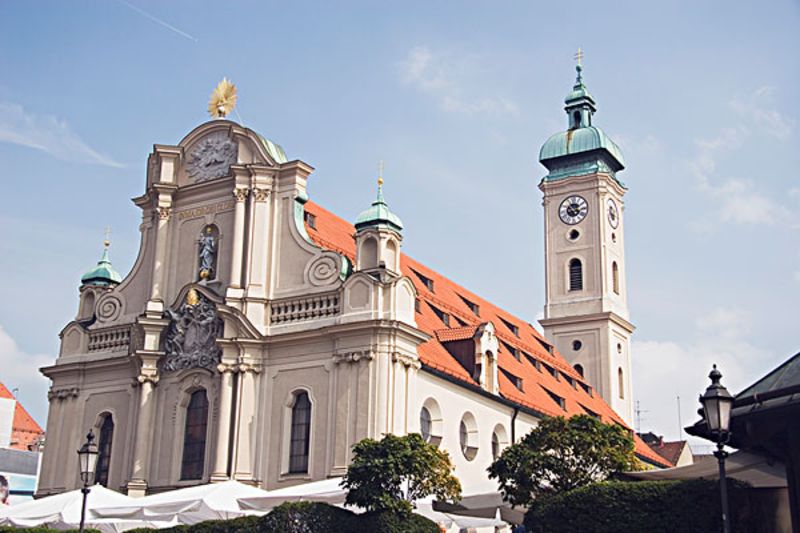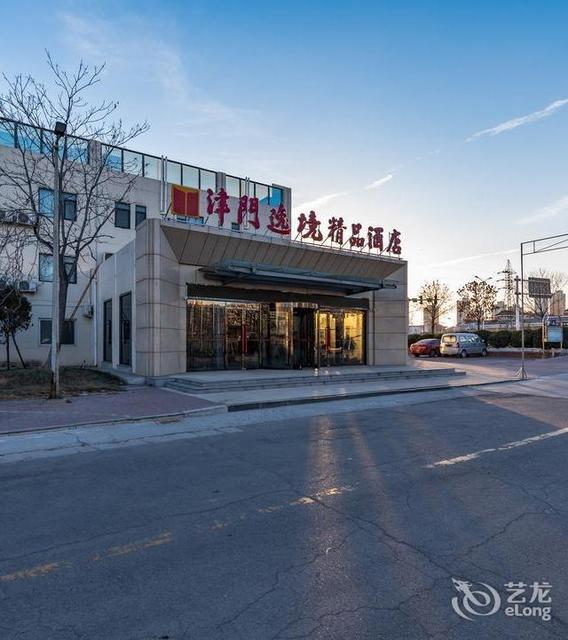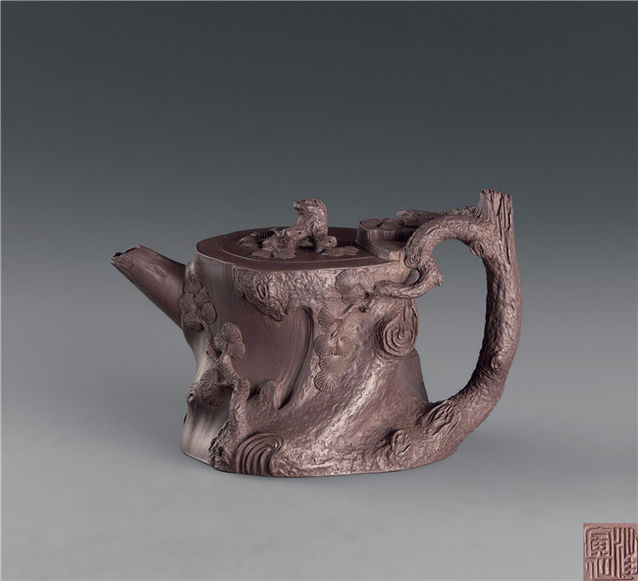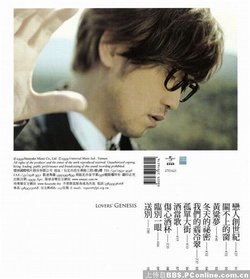一、朝鲜和韩国的英文全称各是什么?
朝鲜,即朝鲜民主主义共和国:Democratic People's Republic of Korea, 韩国,即大韩民国:Republic of Korea
二、朝鲜是什么样的国家呢
朝鲜民主主义人民共和国(DPRK),是位于朝鲜半岛北部的国家。简称“朝鲜”,另因其地理位置而称为“北朝鲜”、“北韩”,首都为平壤。其成立于二战后的1948年9月9日,位于朝鲜半岛北部。南部与韩国以三八线朝韩非军事区分隔,北部与中国和俄罗斯接壤,西临黄海,东临日本海。南部与韩国以三八线非军事区分隔,北部隔鸭绿江和图们江与中国、俄罗斯接壤,西临黄海,东临日本海,全国地形多山,森林覆盖率较高。1958年朝鲜宣布完成了城市、农村生产关系的社会主义改造,建立了社会主义制度。1970年宣布实现了社会主义工业化。朝鲜是由金日成所提出的主体思想主导国家政策。由朝鲜劳动党一党执政,而经济政治体系则由严格激进的先军政治所主导,[1]坚持计划经济。1991年9月17日同韩国一道加入联合国。朝鲜核问题是东北亚局势紧张的重要因素。[2-3]
三、朝鲜是什么国家
朝鲜民主主义人民共和国(朝鲜语:조선민주주의인민공화국, 英语:Democratic People's Republic of Korea,缩写:DPRK)是位于东亚朝鲜半岛北部的社会主义国家,简称朝鲜、北朝鲜、北韩。朝鲜劳动党是朝鲜的执政党。南部与韩国以三八线朝韩非军事区分隔,北部与中华人民共和国和俄罗斯接壤,西临渤海,与山东半岛隔海相望,东临日本海。首都平壤。
现社会主义政权于第二次世界大战后的1948年9月9日建立,领土面积122762平方公里,人口2515.5万(2015年)。朝鲜民族/韩民族为单一民族,通用朝鲜语。
朝鲜1958年宣布完成了城市、农村生产关系的社会主义改造,建立了社会主义经济制度。1970年宣布实现了社会主义工业化。1975年5月,成为“七十七国集团”正式成员国,同年8月正式加入不结盟运动。1991年9月17日同韩国一起加入了联合国。2000年7月,加入东盟地区论坛(ARF)。与163个国家(含欧盟)建立了外交关系。
朝鲜是由首任领导人金日成所提出的主体思想主导国家政策,由朝鲜劳动党一党执政。其政治经济体系则由先军政治所主导,是坚持社会主义的国家。朝鲜奉行“自主、和平、友好”的外交政策,主张按照完全平等、自主、相互尊重、互不干涉内政和互利的原则发展对外关系。
四、朝鲜是个什么样的国家
朝鲜是由首任领导人金日成所提出的主体思想主导国家政策,由朝鲜劳动党一党执政。其政治经济体系则由先军政治所主导,是坚持社会主义的国家。朝鲜奉行“自主、和平、友好”的外交政策,主张按照完全平等、自主、相互尊重、互不干涉内政和互利的原则发展对外关系。
朝鲜民主主义人民共和国,简称“朝鲜”。是位于东亚朝鲜半岛北部的社会主义国家,执政党是朝鲜劳动党,首都平壤。南部与韩国以三八线朝韩非军事区分隔,北部与中华人民共和国和俄罗斯接壤。西临黄海,与山东半岛隔海相望,东临日本海。于第二次世界大战后的1948年9月9日建立。为单一民族,通用朝鲜语。
扩展资料
一、三八线是朝鲜半岛上北纬38度附近的一条军事分界线。第二次世界大战末期,盟国协议以朝鲜半岛上北纬38°线作为苏、美两国对日军事行动和受降范围的暂时分界线,日本投降后,就成为同为朝鲜民族但政治体制不同的大韩民国和朝鲜民主主义人民共和国两个政权的临时分界线,通称“三八线”。
二、朝鲜战争结束后在三八线的基础上调整南北军事分界线,划定临时军事分界线两侧各两公里内为非军事区。习惯上仍称其为三八线。照朝鲜停战协定,三八线两侧的南北朝鲜非军事区宽约4公里、长约248公里。三八线因邻近北纬38度而得名,但不等于北纬38度线。例如由北朝鲜实际控制的开城市,就位于北纬38度以南。
参考资料:百度百科-三八线
五、DPRK 什么意思
DPRK may consider peace offer
BRIGHTENING prospects for ending a nuclear stalemate, the Democratic People's Republic of Korea (DPRK) said it would consider U.S. President George W. Bush's offer of written security assurances in return for dismantling its nuclear weapons program.
Still, the abrupt shift raised hope of resuming six-nation talks aimed at ending the yearlong standoff. U.S. officials believe Pyongyang already has one or two atomic bombs and can yield several more bombs within months from its nuclear programs.
The DPRK has already informed the U.S. officials of its new intentions through its diplomats at the United Nations, an unnamed spokesman for Pyongyang's Foreign Ministry said Saturday.
The U.S. administration responded to the DPRK's latest comment with guarded optimism.
"We're looking at the message, and we hope the DPRK will return to the Beijing six-party talks,'' said Jimmy Orr, a presidential spokesman.
During a summit of Asia-Pacific leaders last week in Thailand, Bush proposed that the United States, Russia, South Korea, Japan and China -- participants in the first round of six-nation talks held in Beijing in August -- offer written assurances that the DPRK would not be attacked if Pyongyang promises to dismantle its nuclear program.
"We are ready to consider Bush's remarks on the 'written assurances of nonaggression' if they are based on the intention to coexist with the DPRK'' and offer "simultaneous actions,'' the DPRK's spokesman said.
The DPRK has previously said that "simultaneous actions'' include economic and humanitarian aid from the United States, opening diplomatic ties, and building a nuclear power plant. It has also said it must include a nonaggression treaty -- something the Bush administration has refused.
In exchange, the DPRK has said it would declare its willingness to give up nuclear development, allow nuclear inspections, give up missiles exports and finally dismantle its nuclear weapons facilities. (SD-Agencies)











